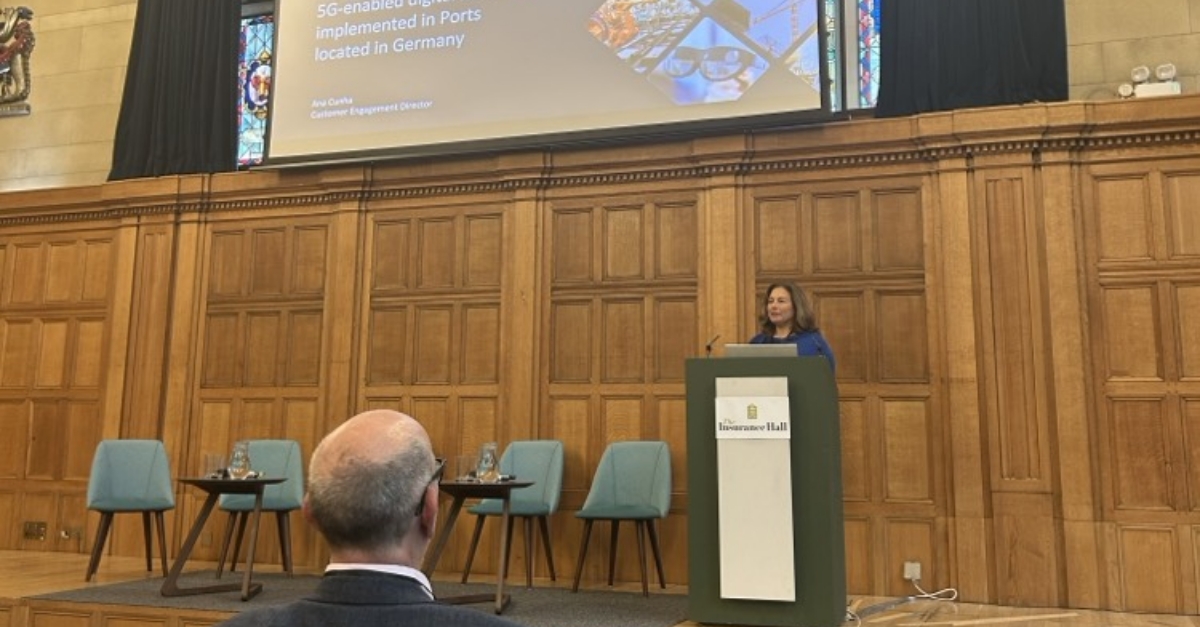Data Engineers, Analytics Engineers, Data Analysts, Data Scientists – at first glance, the job titles of our data specialists all sound similar. Do you know the differences?
If you are wondering how a data team is basically structured and who has what responsibilities there, then this blog post is for you!
The Data roles
Our motto at COCUS is “Start small, think big, move fast!”. So let’s start small here as well and explain to you the individual job titles in the data field:
- Data Engineer
A Data Engineer makes your company’s data accessible and available. In doing so, he develops the basic infrastructure in your company, e.g. the data pipelines, the processing procedures and, if no cloud engineer is part of the team, the cloud system. Tools such as Python and AWS, among others, are used. Most of the time, however, the exposed data is still in a chaotic and disorganized state.
- Analytics Engineer
An Analytics Engineer arranges the data to be processed in such a way that the data can be easily analyzed, visualized and further used. In addition to optimization, he is responsible for maintenance, i.e. monitoring the performance of the analytical systems. Accordingly, he fixes problems and adds new features while ensuring that systems are always available and scalable. He is the central interface between the Data Engineer and the Data Analyst or Data Scientist.
- Data Analyst
A data analyst is tasked with collecting, examining, and interpreting large amounts of data. Tools such as SQL and Tableau are used for this purpose. Read more
He processes the data into business-relevant information that can provide your company with important insights or help you solve problems.
- Data Scientist
Last but not least, the Data Scientist’s area of responsibility is delineated by the fact that advanced statistical methods and machine learning are his daily bread. It can then derive forecasts and provide your company or department with data-based decision-making. Predictive maintenance is a particularly exciting and frequently discussed topic.
Of course, the responsibilities of Data Specialists are fluid, however, due to differences such as the size of your company, the industry, and the type of data being collected and analyzed.
How a Data Team works
Next, let’s think big! So what exactly does the collaboration between the data specialists look like? We have an illustrative example for you:
You can probably already imagine that in addition to the step-by-step work from our mug example, there will be a lot of interactions between the Data Specialists and your company’s stakeholders. For example, Data Specialists work with your IT team to properly integrate analytics systems with the rest of your company’s technology infrastructure.
In addition, collaboration with your company’s product, marketing, R&D and similar teams is very important to understand data requirements and create appropriate pathways for data-driven business decisions. At COCUS, we work with agile methodologies to regularly intercept and incorporate your expectations into our development process. Read more



